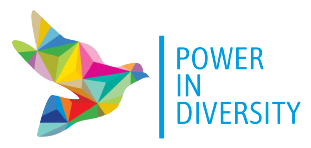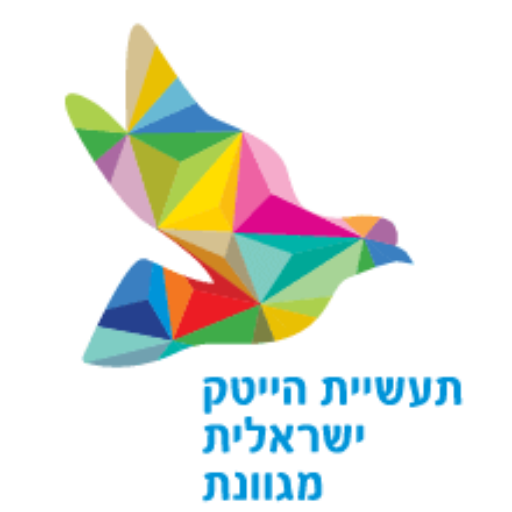Talking about belonging
PID initiative works throughout the year with startups, over 200 in number, to explain, teach and develop cultural organizations that accept the difference, with the aim of integrating populations for whom the door to the high-tech world is a distant and sometimes unattainable goal.
In the midst of discourse about a crisis and a stop to recalculate the route, we set out to talk to the employees who are breaking all the stigmas and proving that it is possible otherwise. How advanced is high-tech employment in this regard, what can be learned from companies about the value of a diverse company, and what tips do they have for those who are not there yet.
“It’s really no fun being a trans woman in Hi-Tech”
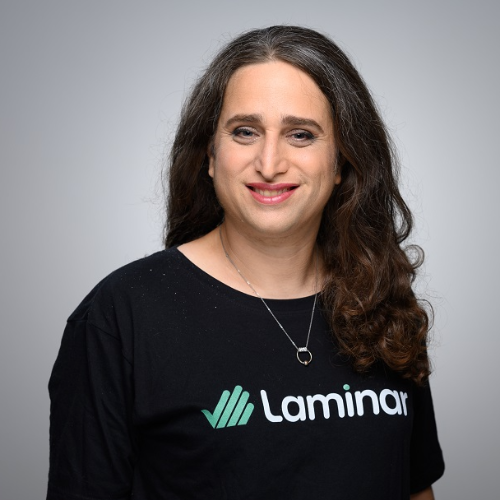
Gil Bahat, Senior Devops Engineer at Laminar
" There are surveys on how lgtbq’s have to hide negative experiences; transgender men and women are at the tip of that scale. "
“Being a woman in Israeli hi-tech is challenging enough, but being a trans woman is even more challenging. As a man, I wasn’t open enough; I knew it would be harder for me to be a woman, but you don’t realize how difficult this is until you see what is happening to all your friends around.”
“An organization that can adapt itself to people that are different, will have access to a larger pool of people. No matter what axis you are talking about: cisgender, transgender, periphery, or center. It’s the flexibility of the company to choose the very best. If your entire company consists of white males, chances are that there is something wrong with your algorithm. You’ve probably not chosen the best. In one of the companies where I worked, a straight, cisgender woman came up to me and told me that she feels that the company is very inclusive, because of how I was accepted into the company. It let her feel more comfortable without her even belonging to that population group.”
"If you can’t make adjustments, you’ll stay an outsider, and won’t be able to fit in "
“It’s important to make these things heard. I am surrounded by people who work in Tel Aviv and in hi-tech, most of them parents. They bring up children, and there is a chance that at some point the child will come out as homosexual or transgender. The fact that we are working together is already a step in the right direction. That’s something my parents didn’t have. In my father’s workplace, there were no homosexuals. I was the first one he met.”
“In some ways, in the beginning, I didn’t always feel that I managed to express myself at work as I do in my normal life. There are loads of good things that I like in myself that got lost, like my sense of humor because I felt that I am part of a straight, male environment. I needed to find a way to join them, and not always from my natural place. I needed to tone myself down.”
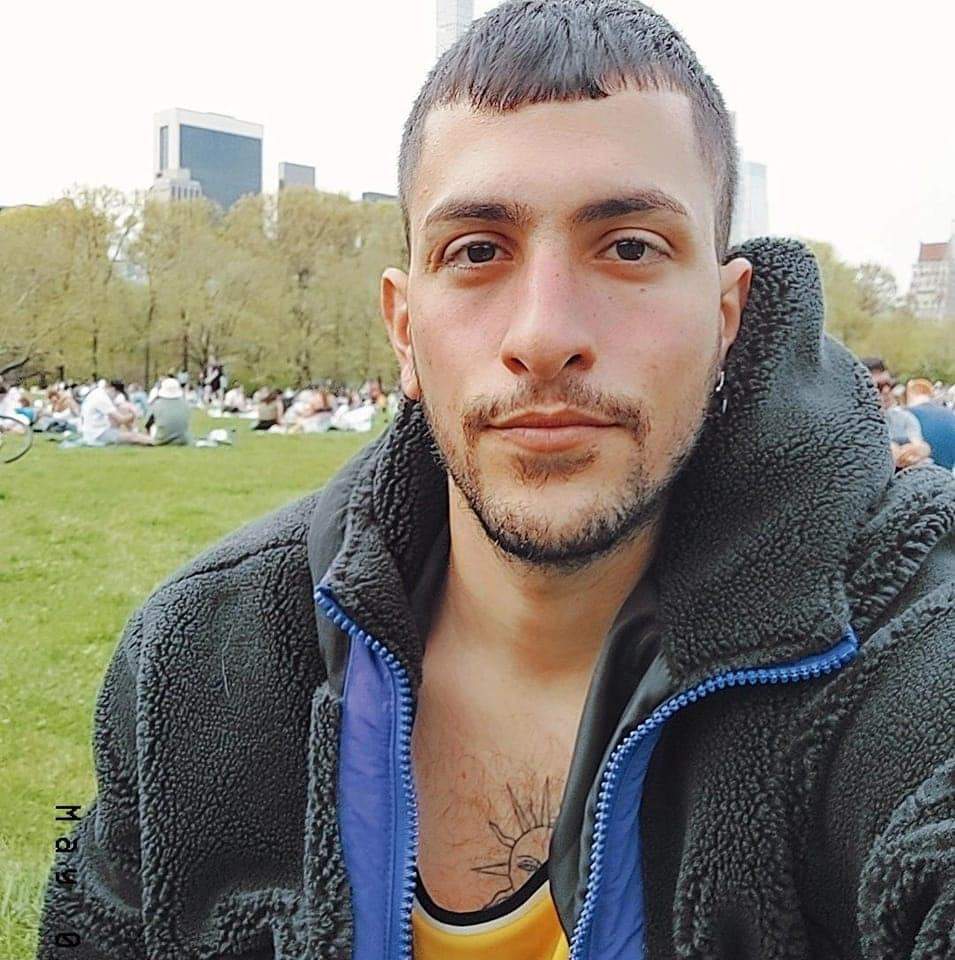
Doron Mualem Feler, Global Talent Acquisition Partner at Tomorrow.io
"It is unavoidable to feel that I represent something. I am its face, and that is fine, because I prefer that someone who experiences things by himself will be the person that talks about it, and not someone who doesn’t have any idea about what lbgtq’s go through. "
"Quite often, I feel that from the outset, you are judged because of your ethnic background"
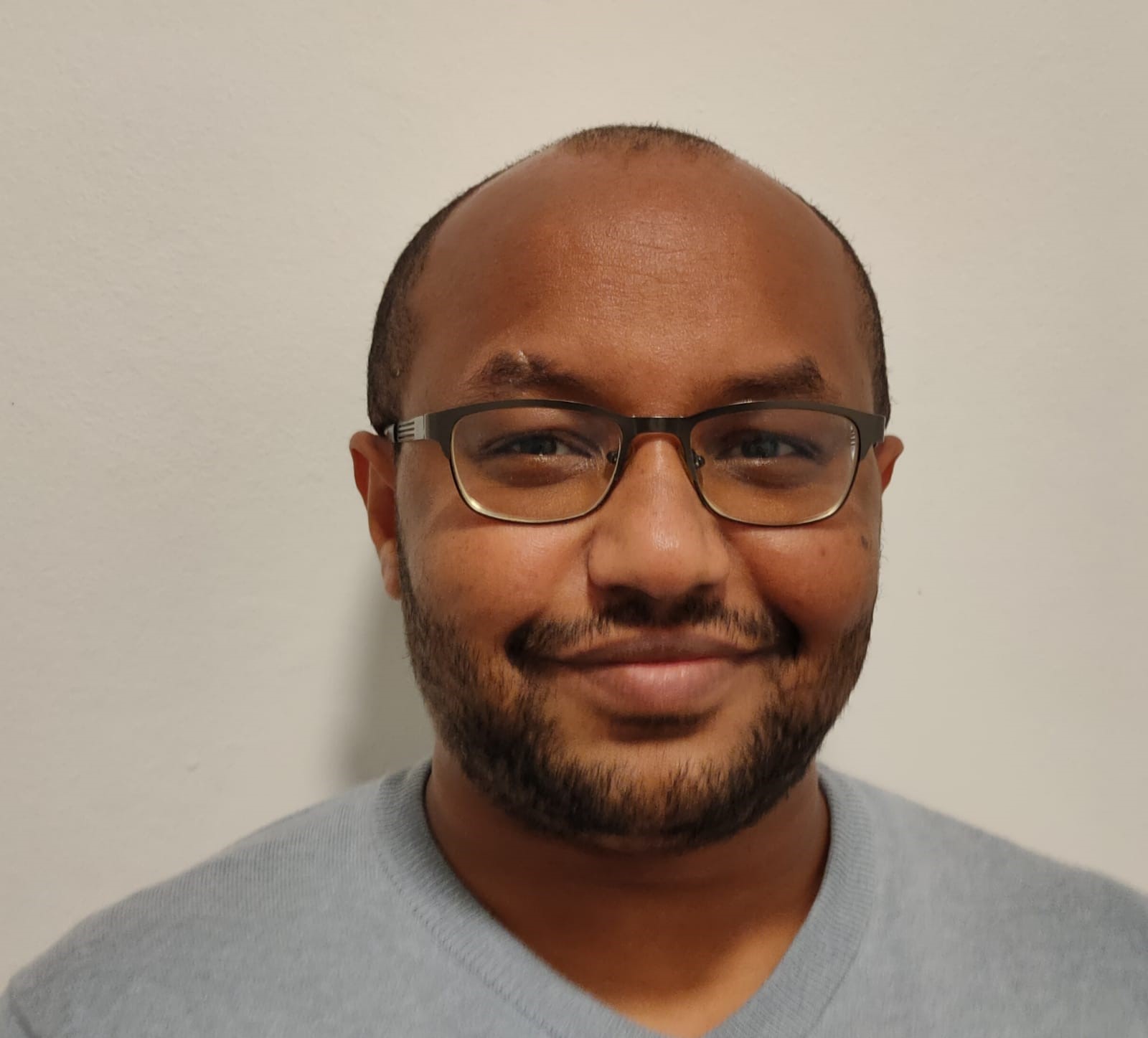
Salomon Rada, Backend developer at Shield
“I would like to see more Ethiopians in the industry. When there are a number of people from the same population group in the same company, you feel more connected. I try to look at myself as an Israeli with other Israelis, but, quite often, I feel that from the outset, you are judged because of your ethnic background.”
“Companies need more openness and to show a desire to integrate people from different population groups. They need to advertise in groups that are open to everyone, to join bodies that promote varied employment and to rely less on a system of advertising by word of mouth, which is not relevant to our ethnic group. Each population group should be judged by criteria that are relevant to that group. It is largely a matter of the skills and the ability to market yourself, which is perhaps not so strong in the Ethiopian community. If a certain group is not blessed with a phenomenal ability to market itself, as is usual in the industry, don’t judge them on a strong LinkedIn profile or social media posts that have gone viral.”
"Almost everywhere that I have worked, including three hi-tech companies, there were no Ethiopians except me, maybe one other. "
"The industry is difficult to break into, especially as a woman"
“Finding a job was not an easy task. It took me a year and a half to find one. When I finished my degree, I had a lot of challenges, and I am sure that the fact that I am a Haredi woman did not always make my entry into the world of development easy. My degree was not enough, so I took a course on “Full stack”, followed by workshops on resume writing and LinkedIn, and I tried to improve myself in “soft skills” and interpersonal communication. I find it unfortunate that academic degrees don’t place enough emphasis on personal skills and work interviews. Some people do not have access to this knowledge at home.”
“Except for me, all of my team members are men. Before you start, that may be something that puts you off, but when you become integrated into the company, the fears disappear. There are a lot of Haredi women looking for a way to break into hi-tech, but they would feel more comfortable if there were other Haredi women there with them. We recently went on a company holiday overseas. Because of kashrut and whether I would feel comfortable, I was very apprehensive before the trip. I found myself doing things I never expected; I played basketball with the men on my team, and even if I didn’t go into the pool in a swimsuit, I was there all the time, and I felt like a part of the team. The company made sure that I felt part of it.”
"In interviews, I was often asked what I’m going to do with the children, and look, the children are fine, and I am still here. "
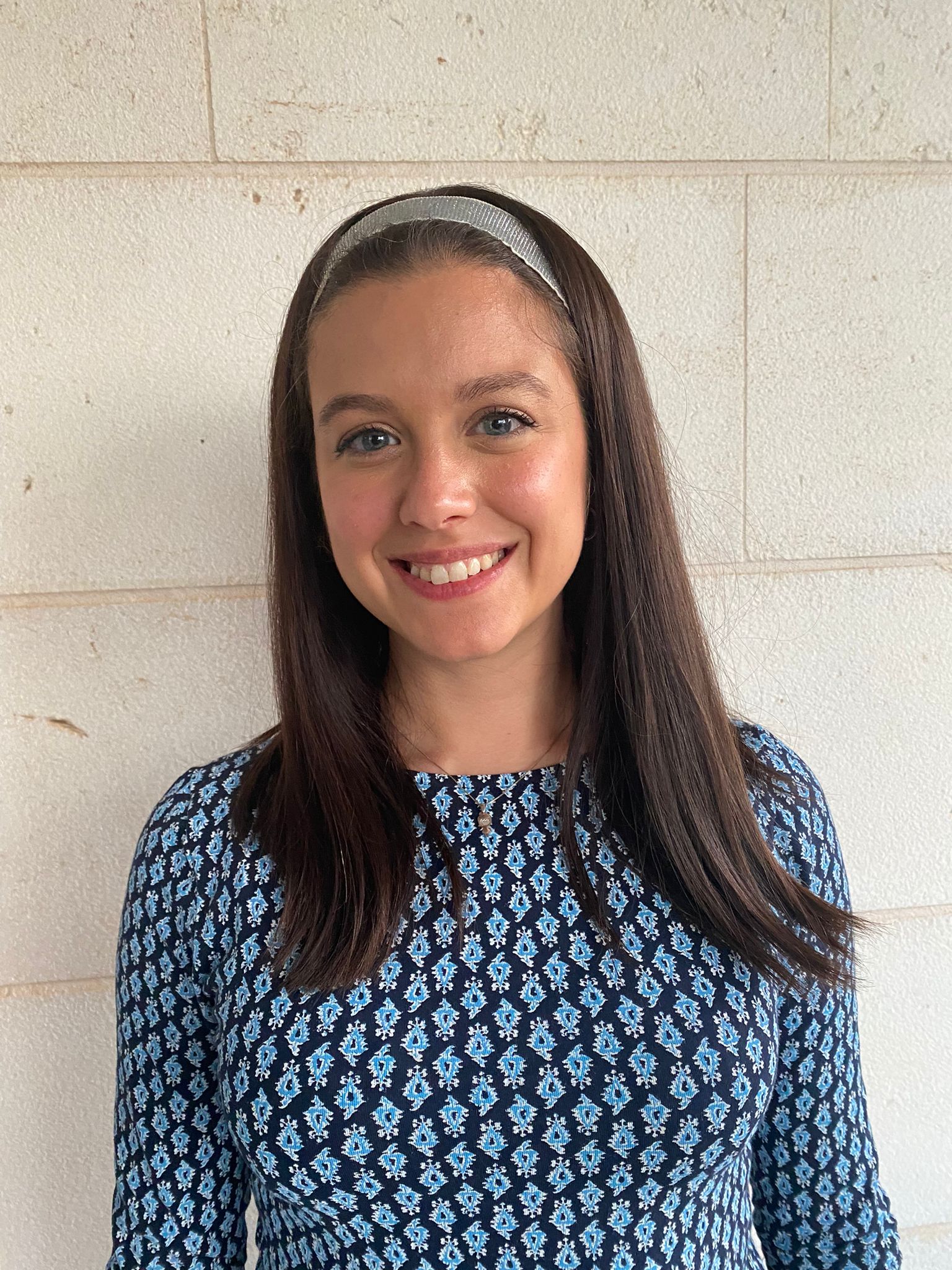
Michal Lerner, Full Stack Developer at Guesty
"Companies have understood that variety needs to be the objective "
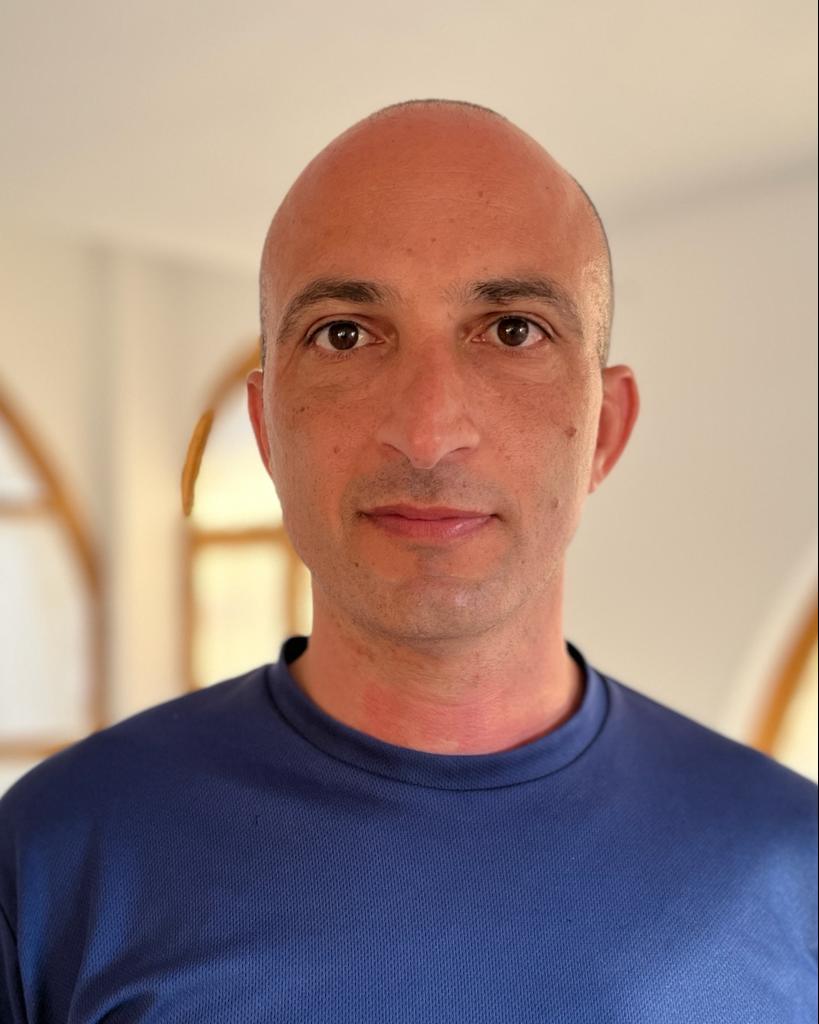
Fadi Shbita, Software engineer at Optimove
"Having a few words in Arabic in the beginning of an interview, for example, lets you know right away that the company values your presence as well "
“I think that companies have understood that variety needs to be the objective, both because of the shortage, and because of the need in the industry. However, there are a lot of obstacles that prevent that from happening. The language barrier and social stereotypes put an Arab candidate at a disadvantage in an interview. There is a misconception that if you speak fluent Hebrew, you are smarter, even though it is not your native language. You get bonus points if you have IDF experience or know someone who knows someone who knows someone who knows someone. The situation between Jewish and Arab in the country can, I believe, influence an interviewer’s view of Arab applicants. In order for a company to have real, organic variety, it must have variety along its entire hierarchy, as well as in the senior executive positions.”
“Some things happen automatically, because that’s the way they’re supposed to, and no one thinks about them. The official holidays are on the Jewish festivals. If you are Moslem or Christian, you have other festivals, and you have to take days off from your annual leave. Companies could adapt themselves to a situation like that and allow an exchange of holiday days. At Optimove, we were asked who has a child starting first grade, and we were asked to provide the child’s name. Of course, they agreed to it being in Arabic.”
"Most of us are motivated people who work hard to accomplish our goals"
“The industry is more open to accepting employees with disabilities, in my opinion. This is a huge change for companies to understand the advantage that people on the spectrum have in certain jobs and in our way of thinking. Having outside cooperation and internal support helps us move forward on a personal and societal level. The only thing we need is people to push and direct us.”
“I thought I would attend the framework every morning, fulfill my assignments, and leave, but I’m really a part of the projects. I am involved in everything that happens, I advise, I learn and I listen. I’d recommend every company to act in that way, because that is really what leads to a feeling of belonging.”
"It seems to me that there is a way of thinking that if you hire an employee with disabilities, you'll put him in a corner and let him work on his own. If you want him to feel like he's part of the team, you have to allow him to learn and develop, to make decisions, and to be involved "

Noam Weiss, Data Tagger at Juganu
"As soon as there’ll be more people from the same population group in the same place, they will feel a greater sense of belonging"
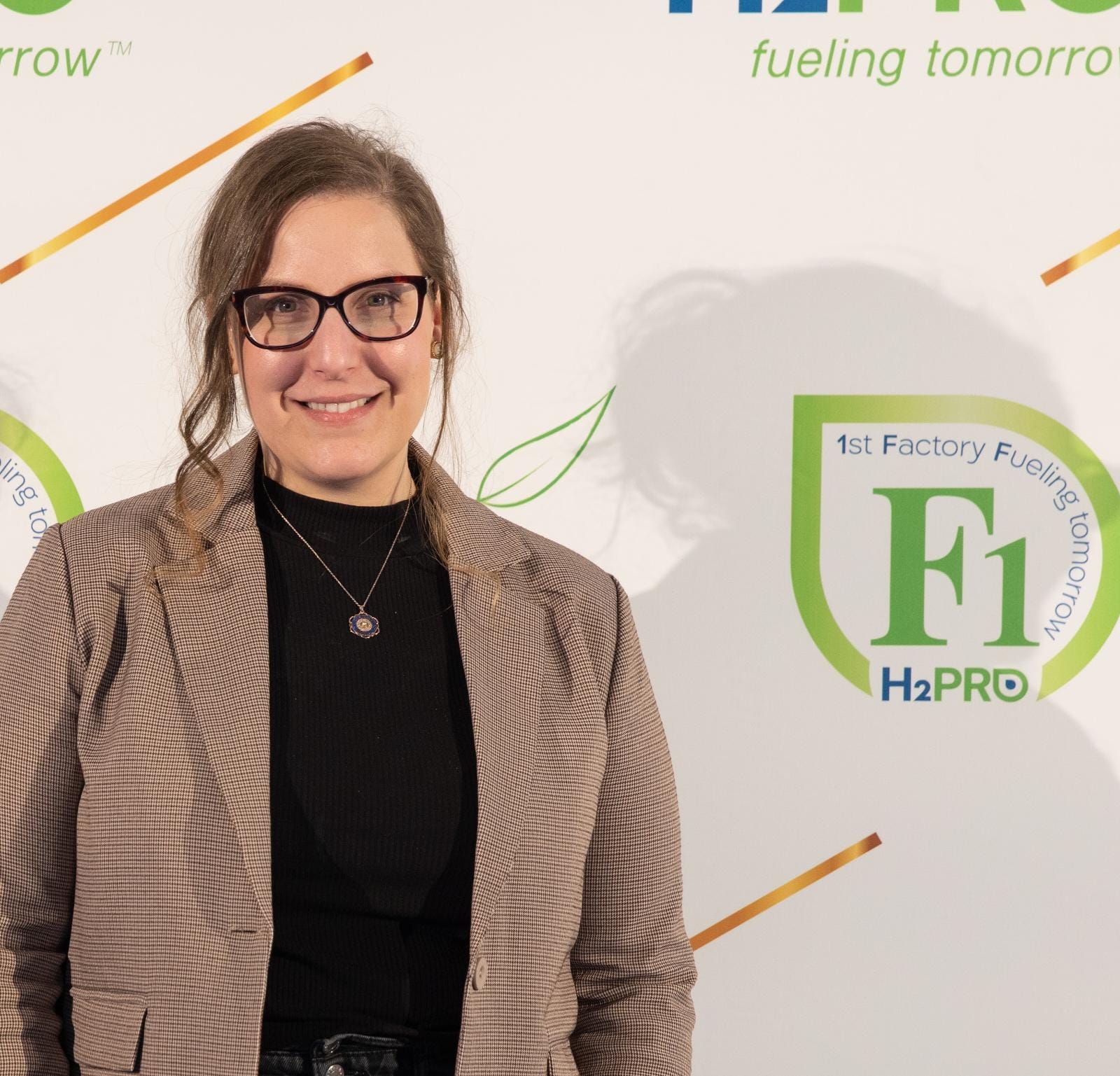
Hanan Abo Rasheed, Materials engineer at H2Pro
“There is openness, but it is still not enough. Adjustments have to be made, such as allowing Arab candidates to be interviewed in other languages. Employers need to look after those population groups and to provide more solutions that will make them feel part of the company.”
“I am both a woman and an Arab. A few months after I started to work at H2Pro, I became pregnant and there were times when I felt that I needed to move on, so that they wouldn’t feel that they had recruited a new worker for nothing. At times I felt pangs of guilt. Until I understood that it was my right, that there is no reason to feel like that, and that the change has to start with me. I was happy that I had been accepted to a place where they recruit people on the basis of their potential and what they can contribute to the place of work. I gained place of work which is really supportive, and I know that that is not the case everywhere.”
"You’re building a community and you need to make sure that you’re connecting people; you have to find the common denominator"
What do you think can be done differently?

Gil: “You need to know the language of each different population group, the phraseology that that community uses, so that you can have a common language with them. If you employ a trans woman and you don’t know the meaning of the word “Cisgender”, then you’ve probably missed something. You can’t understand that female trans’ reference world. Furthermore, it is important to be attentive to the needs of each employee as an individual. Different experiences can affect everybody differently.”
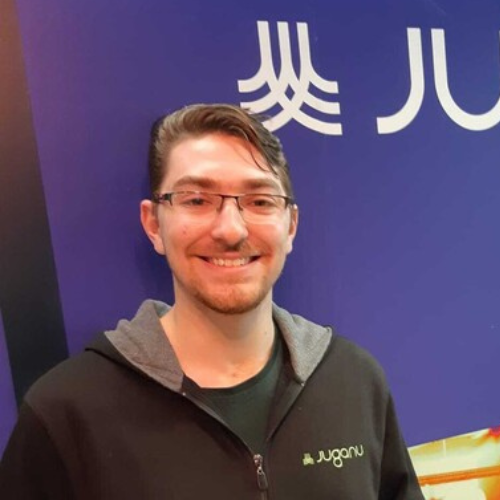
Noam: “It needs to start at school, in special education and in general education, to open up people with disabilities to the world of technology at an early age, and to prepare places of work and the industry itself to learn to contain, to learn to communicate with people with physical disabilities and difficulties in communications.”
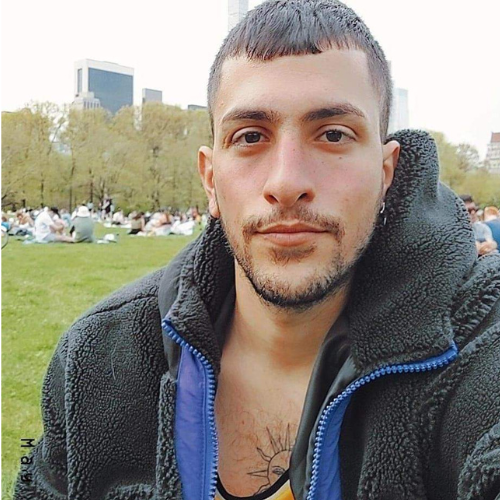
Doron: “You need to behave naturally; at the end of the day, we are all human beings. To try to be aware of our unconscious deviations and our prejudices and to fight them. You don’t need a degree in sociology, with a thesis, to understand that when a C.E.O. talks about a subject like that, it makes people think, talk among themselves, makes people understand. In the end each and every person is responsible for his own actions.”
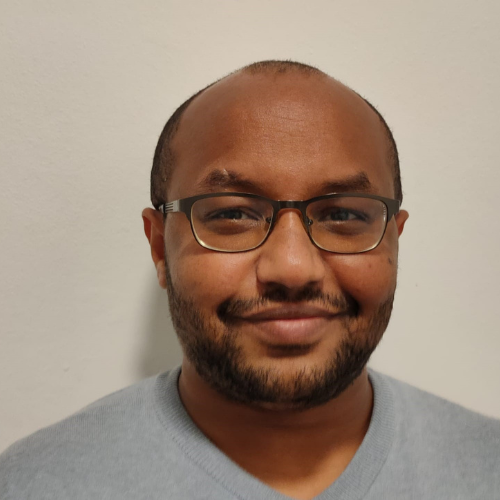
Salomon: “Companies need more openness and to show a desire to integrate people from different population groups. They need to rely less on word of mouth, which is not relevant to our ethnic group. Each population group should be judged by criteria that are relevant to that group.”
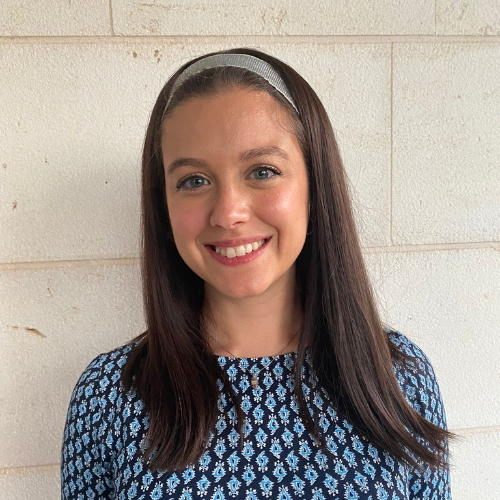
Michal: “Companies need to open up more options for positions in the hi-tech industry, that the haredi population can enter. Educational institutions can also add study courses for haredi men and women that are not just programming, and they must be more industry orientated.”

גיל בהט
צריך לדעת את השפה עבור כל אוכלוסיית גיוון, את המונחים שבהם אותה קהילה משתמשת כדי שתהיה שפה משותפת. אם אתה מעסיק עובדת טרנסית ואתה לא יודע את פירוש המילה סיסג’נדר אז כנראה שפספסת משהו. אתה לא יכול להבין את עולם הייחוס של אותה טרנסית. בנוסף חשוב להיות קשובים לצרכים של כל עובד בפני עצמו. חוויות שונות עשויות להשפיע על כל אחד בצורה שונה.

נועם וייס
זה צריך להתחיל מבתי הספר, בחינוך המיוחד ובחינוך הרגיל, לחשוף א.נשים עם מוגבלויות עוד בגיל צעיר לעולם הטכנולוגי ולהכין גם את מקומות העבודה ואת התעשייה עצמה ללמוד להכיל, ללמוד לתקשר עם אנשים עם מוגבלויות פיזיות ותקשורתיות.

דורון מועלם פלר
“צריך להתנהג בצורה טבעית, בסוף כולנו בני אדם. לנסות להיות מודעים להטיות הלא מודעות שלנו ולהנחות הקדומות ולהיאבק בהם. לא צריך תזה בסוציולוגיה בשביל זה. שמנכ”ל מדבר על נושא כזה זה גורם לאנשים לחשוב, לדבר ביניהם, נופלים לאנשים אסימונים. וזה השינוי. בסוף כל אחד אחראי למעשים של עצמו.”

סלומון רדה
חברות צריכות לסגל יותר פתיחות ולהפגין רצון לשלב אנשים מאוכלוסיות שונות. פחות להסתמך על שיטת חבר מביא חבר שאינה רלוונטית לעדה. צריך לבחון כל אוכלוסייה לפי הקריטריונים הרלוונטיים אליה.

מיכל לרנר
חברות צריכות לפתוח יותר אופציות לתפקידים בתעשיית ההייטק שהאוכלוסייה החרדית יכולה להיכנס אליהם. וגם מוסדות הלימודים יכולים להוסיף מסלולי לימוד לחרדים ולחרדיות שהם לא רק תכנות ולהיות יותר מכוונים תעשייה.
